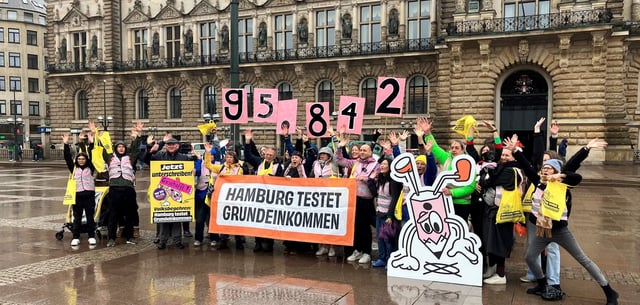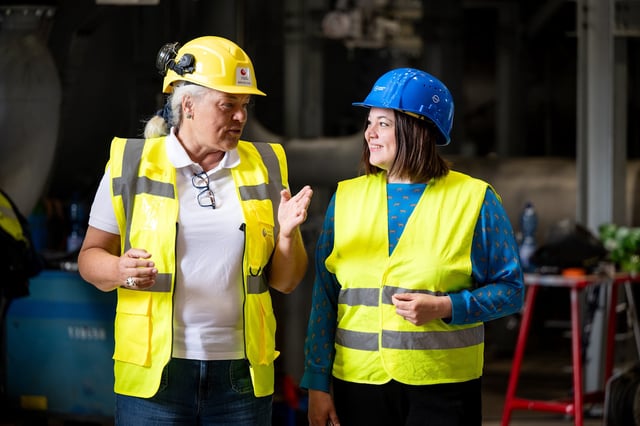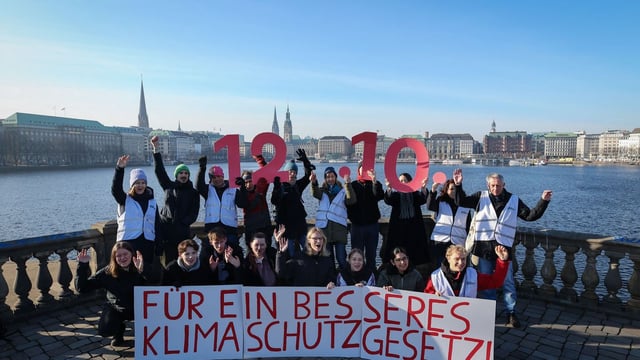Overview
- Voters will decide whether to move the city’s climate‑neutrality goal to 2040 by changing the climate law to include annual CO2 caps, sector targets, ongoing monitoring, automatic corrective programs and limits on passing retrofit costs to tenants.
- A city-commissioned analysis by the Hamburg Institut and Öko-Institut finds the 2040 goal technically achievable but contingent on sweeping steps such as replacing all gas and oil boilers, shutting the gas network, citywide 30 km/h as the default, major cuts in car traffic and extensive electrification using hydrogen and e-fuels in industry.
- Business and trade groups oppose the plan, with the association Die Familienunternehmer calling it “economic suicide,” and housing organizations warning of significantly higher costs for residents.
- Backers include Fridays for Future and more than 160 unions, NGOs and cultural institutions, while most parliamentary factions in the Bürgerschaft reject the proposal except the Left, and the Greens are split between party and caucus.
- By October 2 the city had received 288,167 postal ballots (about 22% of eligible voters), with in-person voting on October 12 from 8:00 to 18:00 at 185 sites and same-day counting, and a separate ballot will decide on a three-year unconditional basic income pilot.



